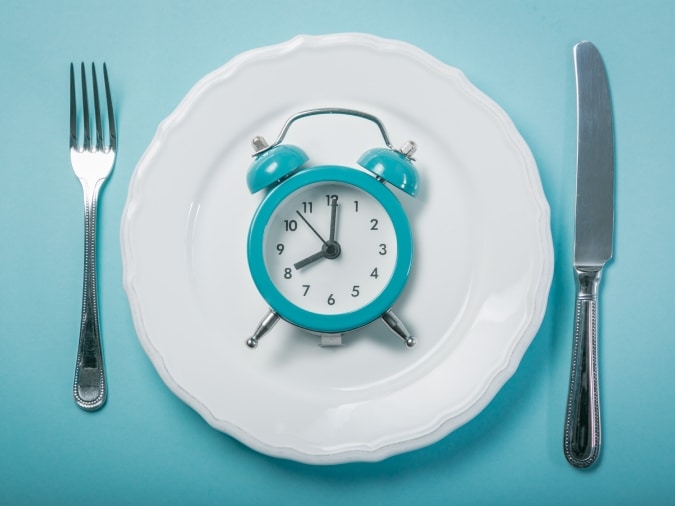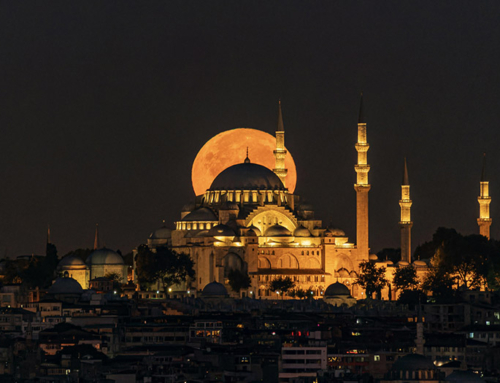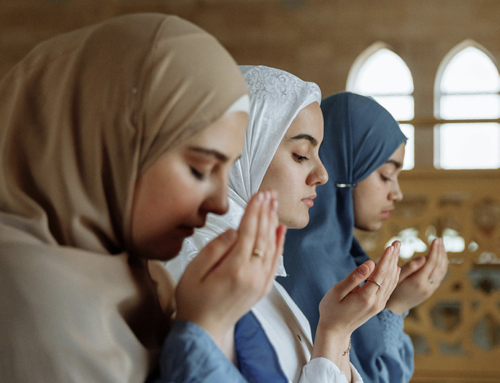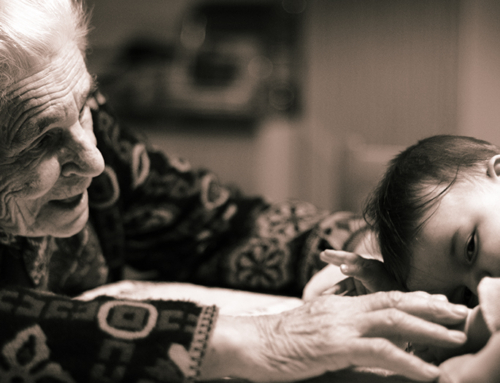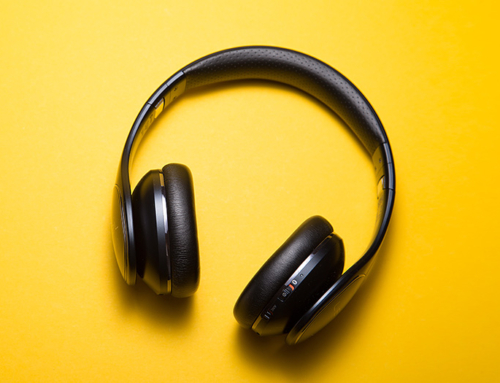Ramadan Fasting for New Muslims: A Guide to the Basics
Ramadan is an exciting time for new Muslims, but can also be a bit overwhelming. We are taught by the Quran that with hardship comes ease, and God ultimately rewards us for the difficulty we experience in acts of worship. Ramadan is closely approaching and Ramadan is the most beautiful time of year for the Muslims because it is an opportunity for them to get closer to their Creator and to renew their covenant with God Almighty.
Fasting during the month of Ramadan is one of the pillars of Islam and is considered to be one of the greatest acts of worship. This article is meant to answer some common questions a new Muslim may have about fasting. I will be answering some common questions regarding the fast in order to give some clarity on the subject and try to make it as simple as possible.
What is fasting?
Fasting means abstaining from food, drink, and the desires of the private parts (marital relationships) from sunrise to sunset. One must have the intention to fast as an act of worship in order to distinguish it from a normal fast.
Why do We Fast?
When many Muslims are asked why they fast, their immediate answer is to feel like the poor and be reminded of those who are less fortunate. This is a beautiful benefit of fasting, indeed fasting makes you go long hours without food and drink making you taste a bit of what the less fortunate go through, however that is not why we fast. We fast because we are Muslim and a Muslim is someone who submits to God and God’s commandments. In the Quran God directly commands us to fast, hence the reason we fast is out of obedience of God’s commandment.
What is the Islamic Ruling on Fasting?
Fasting is an obligation in Islam, firmly established by the Quran, Sunnah, and scholarly consensus. Not fasting without a valid reason is considered to be a great sin.
Who is Exempt from Fasting?
There are two types of people who are exempt from fasting. The first are those who have a chronic illness or extreme old age where they are not physically able to fast and will never have the ability to do so in the future due to age or a chronic illness. These people will instead pay a fidya. The fidya is a type of donation paid by individuals who cannot fulfill the obligation of fasting due to illness or old age.
The second category is the one who is not able to fast in the time being but will eventually become able to fast in the future. This category must make up the fast after Ramadan commences and when they are able to. Some examples of this category are the traveler, the sick, a woman who is menstruating, a woman in lochia, a nursing or a pregnant woman that has an imminent fear for herself or her child. These aforementioned people of the second category must make up their fasts when able to. The reason for this is that the dispensation given for breaking the fast is accompanied by the command to make it up. The first category will never gain the ability to be physically capable to make up the fast hence don’t have to, but the second category will eventually be in a state where he/she can make up the fast, hence they have to.
You Mentioned a Stipend That Has to be Paid also Known as a Fidya, What is This?
A fidya is an amount of money that needs to be paid in place of the fast. It is for the one who will not be able to make up the fast as we mentioned earlier such as someone suffering from a chronic illness or extreme old age. The amount is equivalent to about 10 dollars a day, one may pay this amount for the entire month ahead of time or before the last day of Ramadan.
What Nullifies the Fast?
In the simplest terms possible, eating, drinking, and sexual stimulation that results in a seminal discharge will deem the fast void. Anything that is taken in from the nose or throat will also break the fast whether purposely inserted or by accident. For example, if one is swimming during Ramadan and accidentally swallows some water, he must continue to abstain from food and drink that day due to the sanctity of the day, however, he must make up that day after Ramadan has conceded.
What Happens if I Eat Out of Forgetfulness?
If you eat due to forgetfulness you simply move on with your fast and your fast counts with no problems at all. As our blessed Prophet, peace be upon him, told us: “Whoever forgets he is fasting and eats or drinks, let him complete his fast for it is Allaah Who has fed him and given him to drink” (Muslim). Therefore, eating due to forgetfulness is different than eating by accident or mistake, the latter would constitute a make-up day as the former would be forgiven and the fast would count. An example of easting by mistake would be making a mistake with the time of sunset and eating before then or accidentally swallowing water while swimming.
Can I Use Eye Drops While I Fast?
The use of eye drops does not invalidate the fast, even if you were to taste the taste of something in your mouth and throat after using the eye drops. This is because the eye is not a valid point of entry into the stomach.
Can I Use Ear Drops While Fasting?
Although the classical scholars mention that inserting liquids into one’s ear would invalidate the fast due to a passageway from the ear to the body cavity. Modern medicine has proven to be contrary, as there is no direct passageway from the ear to the body cavity unless someone would have a hole in his eardrum. Hence it is valid to use eardrops and they would not break the fast.
Can I Use an Inhaler as I Fast?
While using an inhaler, the medication passes through the throat in order to reach the lungs, hence deeming the fast void. The nose and throat are both direct passages to the stomach. So anything that enters either will break the fast. If you need to use your inhaler, do so and remake the fast after Ramadan.
Sometimes I am on the Road as the Time for Breaking the Fast Comes in What Should I do and Does My Fast Still Count?
If you are not able to break your fast at the time of the fast break that is fine, and you should break it at the soonest possible time that you have the means to. Your fast would absolutely count and breaking the fast immediately as the time of Maghrib comes in is a sunnah, and there is no harm for the one who can not do so.
Can I Brush My Teeth While I am Fasting?
Yes, you could brush your teeth while fasting however you should be very careful not to get any water or toothpaste in your throat as it will deem the fast invalid.
Can I Gargle Water in My Mouth When or Wash My Mouth With Water?
Yes, you could technically gargle water while you fast as long as you are certain you won’t accidentally swallow any of the water however, I strongly advise not to gargle anything unless seriously needed.
Does Smoking Invalidate the Fast?
Yes, scholars agree that smoking invalidates the fast.
Do Children Need to Fast?
No, children do not need to fast. Fasting becomes obligatory on anyone who has reached the age of puberty. However, it is okay to encourage children to fast part of the day or the entire day to allow them to participate and experience the month of Ramadan.
If I Miss My Fast, When Do I Have to Make it Up?
Yes, missing a fast with a valid reason would mean you have to make it up. Breaking your fast without a valid reason would equate to you making that day up plus an additional kaffarah (an expiation).
Can I Still Fast While Traveling if I Want to?
Yes, you could but if you wish to not fast Islam allows that and you can make it up at a later time.
Different Masjids Have Different Timetables for When Fasting Beings. Why is That?
The start time of sunrise and sunset would vary based upon the calculation method of each masjid, some follow the 15-degree opinion while others follow the 18-degree opinion. You should follow the opinion of your local masjid in order to remain a part of your community and to unite the community.
Does Vomiting Invalidate the Fast?
Vomiting is of two types, self-induced vomit, and vomit that is caused due to nausea and is not in your control. The self-induced vomit would break the fast and require a make-up day however vomiting out of nausea or sickness would not invalidate the fast and one can continue his fast if he is able to. In other words, as long as you do not do something to force yourself to vomit (such as putting your finger down your throat) then the fast is valid.
Can I Use Mouthwash While Fasting?
Yes, you can use mouthwash as long as you are sure you will not ingest any of the liquid.
Do Medical Injections Invalidate the Fast?
The fast is only nullified when a substance enters the body cavity through a recognized point of entry, such as the mouth, nose, or front and back private parts. Therefore, eye drops, injections, and nicotine patches do not break the fast as they do not enter the body from a recognized point of entry.
When do I Break My Fast and How?
You break your fast at the timing of the Maghrib prayer also known as the sunset prayer. It is also recommended to break your fast as soon as the timing of Maghrib comes in and not to delay it.
Mosques in My Area Start Ramadan on Different Days, Who do I Follow?
You should follow your local community and understand that the difference of opinion on the start day of Ramadan is based on the sighting of the moon which goes back to the time of the blessed companions of the Prophet as well.
What is Taraweeh?
Taraweeh is a voluntary prayer done in most mosques in the month of Ramadan. Read more about Ramadan nights.
Got Questions?
We have Answers. Get in touch now.


